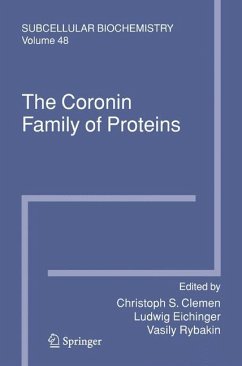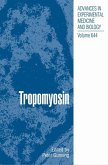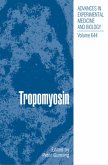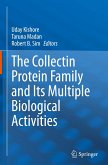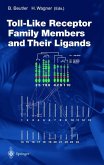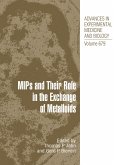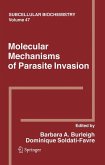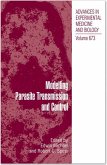The Coronin Family of Proteins Christoph S. Clemen, Vasily Rybakin and Ludwig Eichinger he coronins, first described in Dictyostelium discoideum in 1991, have meanwhile been detected in all eukaryotes except plants. They belong to the superfamily of WD40-repeat Tproteins and represent a large family of proteins, which are often involved in cytoskeletal functions. Phylogenetic studies clearly distinguish 12 subfamilies of which six exclusively occur in vertebrates. In the present book we have made a sincere attempt to provide a comprehensive overview on all aspects of coronin proteins including history, structure, subcellular localization and function in different organisms. In addition, we also included a general overview on the WD40 family of proteins and the structurally related Kelch family. The book should be of interest for scientists outside the field, but is more importantly intended as a fast and competent guide for newcomers as well as doctoral and postdoctoral scientists to coronin research in all its facets. The book is divided into four major sections. It provides in the first part an introduction into two superfamilies of proteins with p-propellers, the WD40- and the Kelch-family. Lynn Cooley and Andrew M. Hudson provide evidence that the WD40- and Kelch-repeat families most likely did Figure 1. Condensed phylogenetic tree of the coronin protein family. The tree constitutes the basis of a new nomenclature and shows the evolutionary relationship of the twelve coronin subfamilies {CRN1-CRN12). See also chapter 11-2 by Reginald O. Morgan and M. Pilar Fernandez.
Bitte wählen Sie Ihr Anliegen aus.
Rechnungen
Retourenschein anfordern
Bestellstatus
Storno

